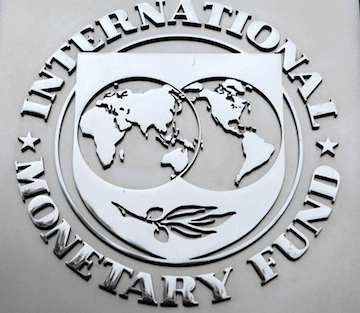
Ministry of Food and Agriculture (MoFA) is procuring advanced equipment for residue deposit testing in a bid to tighten quality control for locally produced honey in order to re-enter the lucrative European Union (EU) market.
This initiative comes after years of limited access to the EU market because of concerns over quality assurance.
Industry players have welcomed government’s intervention, noting that enhanced testing capacity could open up new export opportunities and increase foreign exchange earnings for the economy.
As stated in MoFA’s Medium-Term Expenditure Framework (MTEF) 2025-2028, the policy indicates that some 15 laboratory staff will be trained to man key equipment for diagnostics and quality honey delivery to the international market.
A professor of entomology at the Department of Conservation Biology – University of Cape Coast, Prof. Peter Kwapong, welcomed government’s plan as a strategic one. Prof. Kwapong, who doubles as Director-International Stingless Bee Centre, said the move will enable honey exporters to target a grand re-entry into the EU.
Alhough there is currently no outright ban on honey exports from Ghana to the EU, recent EU regulations however require that honey-exporting companies and businesses must be on a European Commission list by November 2024 to continue exports.
This new requirement and timeline, which has elapsed, aims to improve controls on imported honey and prevent adulteration.
Suspicions are rife and some evidence exists that honey from some African and Asian countries are diluted.
A lack of listing for any specific Ghanaian establishment could therefore result in a ban on that particular establishment’s honey, but not a general ban on all local honey. A key requirement is exporting countries must submit an initial list of all apiculture establishments (including their name, address and activities) that wish to export into the EU.
Thus, businesses listed on the European Commission’s official webpage will be permitted to export honey into the EU after the new regulation’s effective date.
However, the Chamber of Agribusiness Ghana (CAG) says climate change, environmental issues and heavy use of agrochemicals are threatening the survival and potential of the almost US$5billion domestic honey production sector.
A report from CAG on the industry’s dwindling fortunes said honey production booms in organic agroecology systems where bees thrive from a more natural environment than chemically polluted conditions.
Ever-increasing reliance on using chemicals – most of which are harmful to the survival of bees -the Chamber maintains, has become a bane to the honey sector.
Data from CAG indicate the country currently produces a little over US$168million worth of honey annually, but that could skyrocket to more than US$5billion if the right strategies are adopted and quality of the commodity given priority.
The post Editorial: Honey’s export potential underutilised appeared first on The Business & Financial Times.
Read Full Story















Facebook
Twitter
Pinterest
Instagram
Google+
YouTube
LinkedIn
RSS